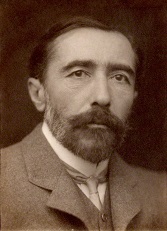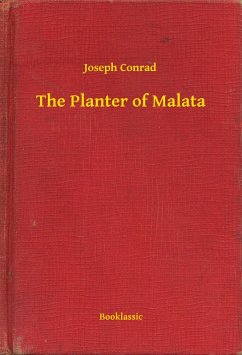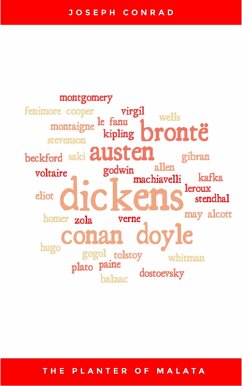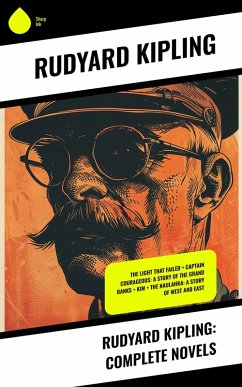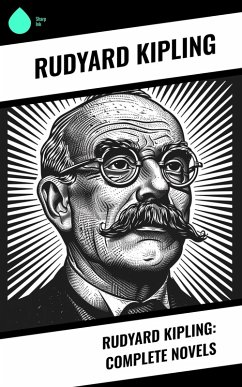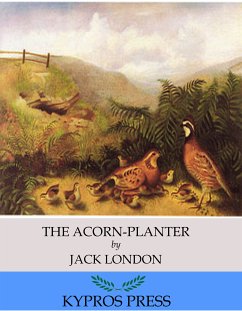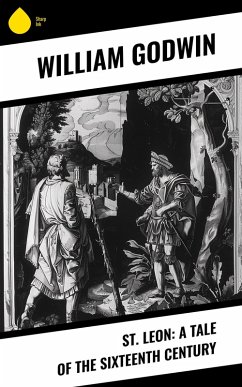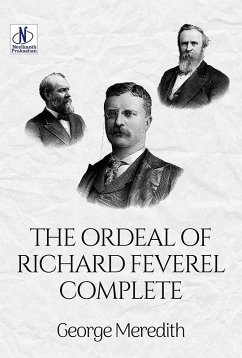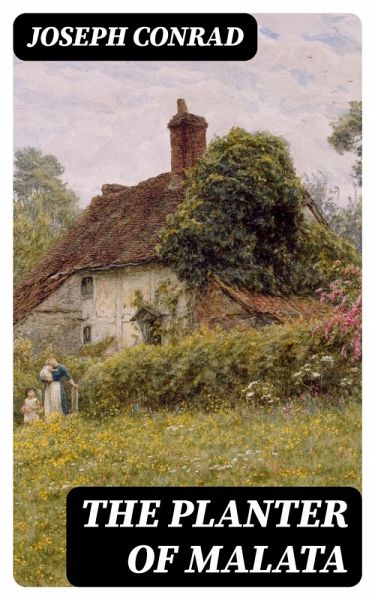
The Planter of Malata (eBook, ePUB)
Versandkostenfrei!
Sofort per Download lieferbar
1,99 €
inkl. MwSt.
Weitere Ausgaben:

PAYBACK Punkte
0 °P sammeln!
In "The Planter of Malata," Joseph Conrad masterfully weaves a narrative that explores the complexities of imperialism and the moral ambiguities inherent in colonial endeavors. Set against the vibrant backdrop of the fictional island of Malata, the story immerses readers in a world of intricate human relationships, revealing the psychological struggles of its protagonist, who grapples with the ethical implications of his role as a colonial planter. Conrad's vivid imagery and nuanced characterizations reflect a literary style characterized by psychological depth and a keen awareness of socio-po...
In "The Planter of Malata," Joseph Conrad masterfully weaves a narrative that explores the complexities of imperialism and the moral ambiguities inherent in colonial endeavors. Set against the vibrant backdrop of the fictional island of Malata, the story immerses readers in a world of intricate human relationships, revealing the psychological struggles of its protagonist, who grapples with the ethical implications of his role as a colonial planter. Conrad's vivid imagery and nuanced characterizations reflect a literary style characterized by psychological depth and a keen awareness of socio-political contexts, echoing themes prevalent in his broader body of work that critiques the imperialist ideal. Joseph Conrad, a Polish-born author who became a British citizen, drew upon his own experiences as a sailor in the colonial trade to inform his writing. His exposure to diverse cultures and the global conflicts of his time profoundly shaped his perspectives on morality and human nature. Conrad's inherent skepticism towards imperialism manifests in "The Planter of Malata," reflecting his belief in the inherent contradictions and exploitative realities of colonial rule. This compelling novella is highly recommended for those interested in post-colonial studies, literary explorations of identity, and the psychological dimensions of power. Conrad's eloquent prose and insightful commentary invite readers to engage critically with its themes, making it an essential read for anyone seeking to understand the intricacies of human ambition and ethical responsibility.
Dieser Download kann aus rechtlichen Gründen nur mit Rechnungsadresse in A, B, BG, CY, CZ, D, DK, EW, E, FIN, F, GR, H, IRL, I, LT, L, LR, M, NL, PL, P, R, S, SLO, SK ausgeliefert werden.




